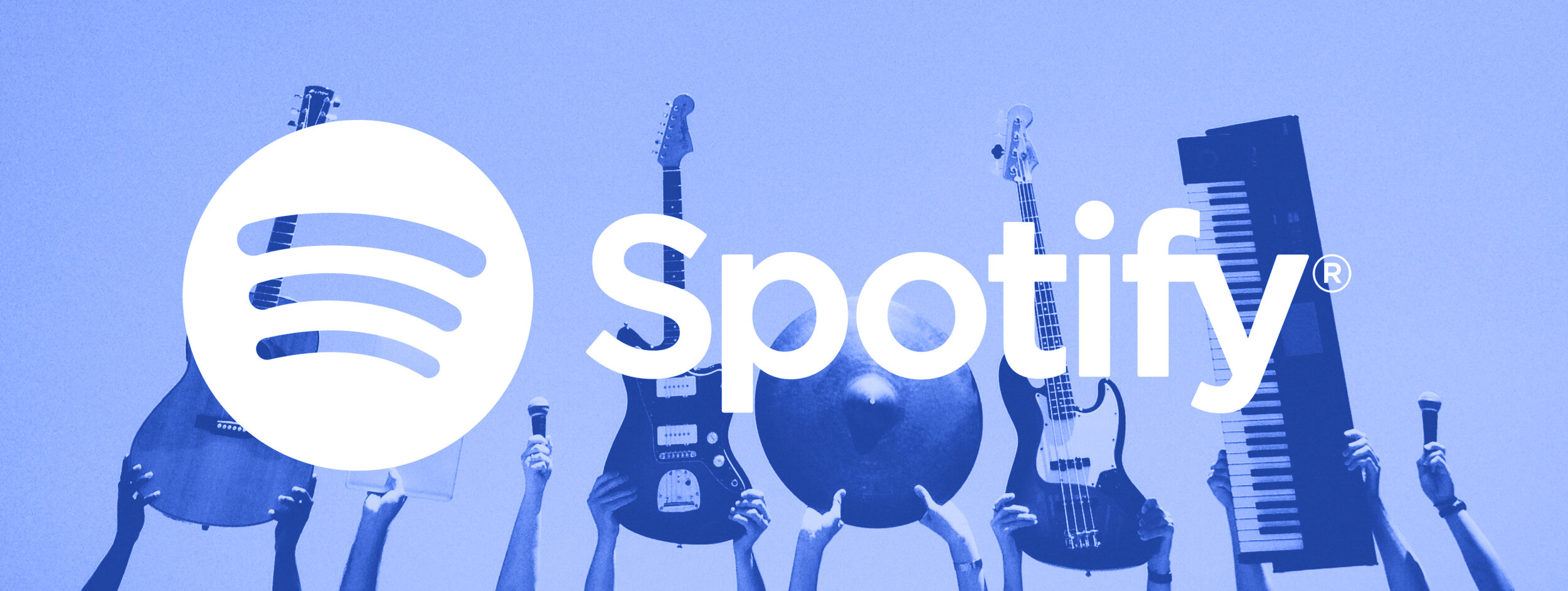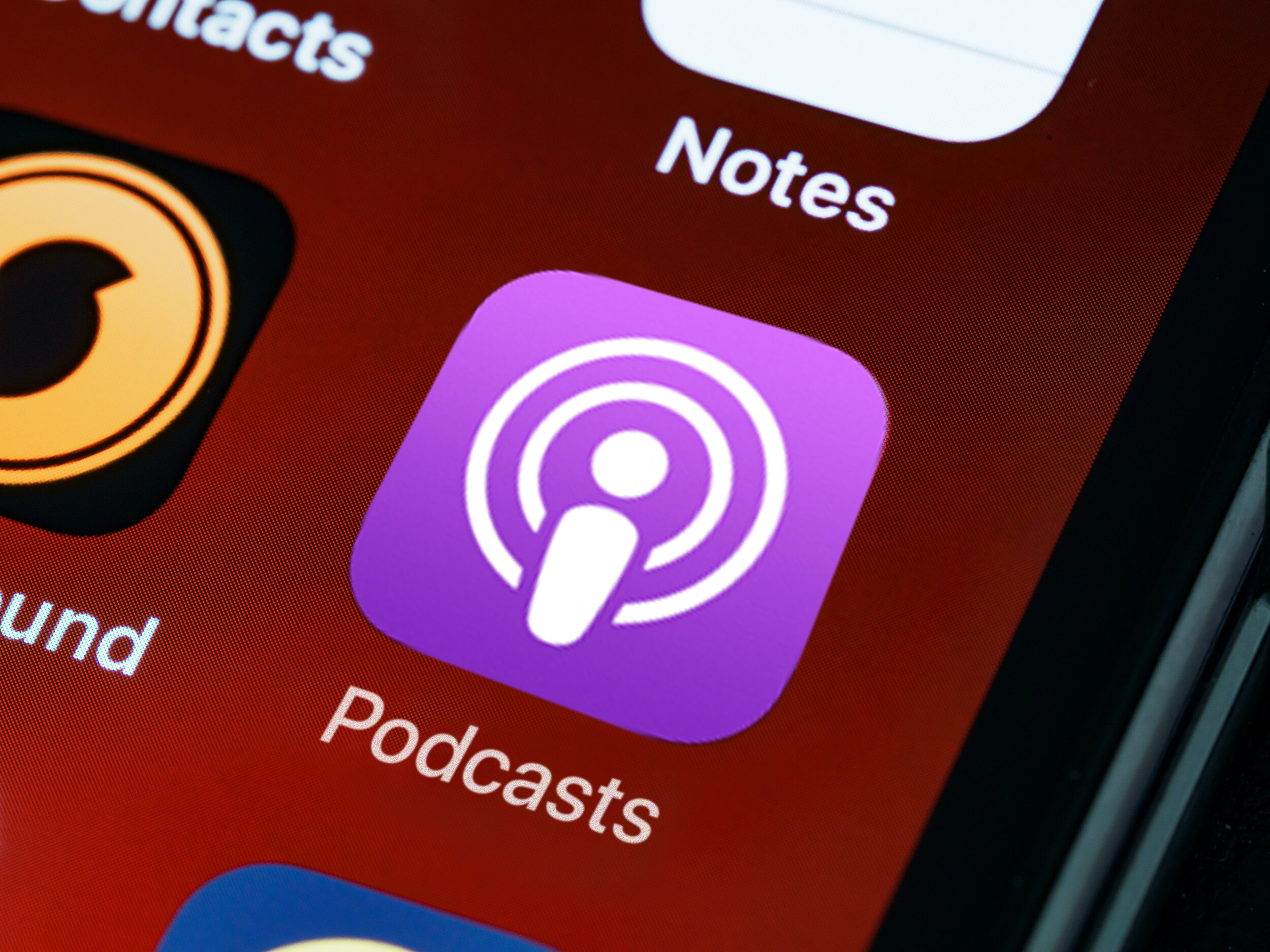Streaming has become the main way to listen to music in the past few years and Spotify has become the leader in this industry.
Spotify is not just for people who listen to music, it’s also a great platform for the artists creating it.
As an unsigned artist, it can be hard to increase your streams and fanbase on Spotify. Here are 5 tips to becoming a successful artist on Spotify
Tip 1 - Uploading your music to Spotify
Uploading your music onto Spotify is not free. According to Cymatics, it costs 10.00 - 30.00 USD depending on how many songs you upload.
If you’re signed with a record label, they will take care of getting your music on Spotify, if you’re independent, this needs to be done yourself.
Music distribution companies like Distrokid will help get your music on any major streaming platform. We definitely recommend Distrokid to independent musicians as they are very reasonably priced and get you on all platforms including TikTok and Instagram music.
Music distribution services can also do the following:
Digital marketing
Artist services
Collect and pay royalties generated from your music
Each music distribution service has different features that they offer, so make sure you do some research before choosing one.
For an in-depth step by step guide one getting your music on all streaming platforms make sure to check out this blog here.
2 - Set up Spotify for Artists
When you have music uploaded to Spotify, you can claim your verified artist profile. This will allow you to manage your profile, view audience stats, access music marketing tools, pitch new music to playlists, and a variety of other things.
Perks of being verified on Spotify
The blue checkmark shows that this is your official artist page
Access to analytics about your listeners and music
Add a bio, images, the music you’re listening to, and tour dates
Send your music to playlist curators and Spotify’s editorial team
Access to promotional tools
Check out this video to learn more about Spotify for Artists.
A professional Spotify artist profile will make you credible and attract more listeners, fans, curators, and other music business professionals.
Tip 3 - Create Personalized Spotify Playlists
Charts and playlists are the biggest way to grow streams on Spotify. They create an easy way for your music to be heard by millions of people.
It’s difficult to get your music on official Spotify playlists as they are controlled by major labels or Spotify’s editorial team.
You can create your own playlists to share your own and others' music.
A successful personalized playlist has the following:
Your own music
Other artist’s music
Updated regularly
Accessible and easy to find (try pinning the playlist on your profile)
Shared on social media
Creative playlist cover and a unique name
Like most social apps, engaging with others is crucial for growth. Active users are more likely to get more streams, be featured on popular playlists, and appear higher in searches.
Tip 4 - Submit your music to playlist curators
Spotify has millions of playlists generated by their editorial teams, algorithms, independent curators, and Spotify listeners.
Here are some ways you can get your music on Spotify Playlists
Verify your Artist Profile
Share unreleased music to the Spotify editorial team. You can learn more about this here
Pitch to independent curators
Directly contact playlist curators to feature your music
Create and regularly update personalized playlists
Follow and support other artists, they might return the favour
Share your music on social media, music blogs, music-related websites, and pitch unreleased songs as well
Encourage fans to follow you on Spotify
Focus on releasing quality music
Be active on Spotify
It will take time to build a successful Spotify profile and be featured on Spotify playlists, but staying active will pay off.
Tip 5 - Use Spotify promotion tools and resources
A list of resources Spotify offers
Ad Studio
Spotify Codes
Embedded Spotify follow buttons
Shareable Spotify Links
Social Media Promotion
Click here to learn more about these resources.
Written By: Leah Gerber
Conclusion
It can take time and effort to be successful on Spotify. The important thing is that you don’t give up, even if it is taking a while for you to get streams and a fan base.
Stay active, promote other’s music, and don’t be afraid to reach out to playlist curators, or other influencers to get your music heard.
Are you an artist who has had success on Spotify? Let us know in the comments below what tips helped you achieve your success.
-
If you need further help creating your own music, we offer audio production services that will help you elevate your sound and bring your song to life!
We look forward to being a part of your success.














